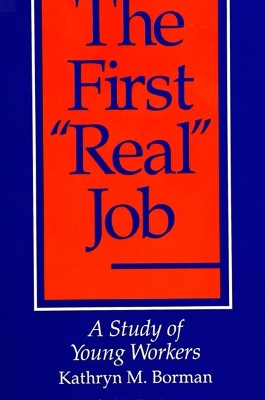SUNY series, The New Inequalities
1 total work
This book examines the work experiences of twenty-five young men and women in their first jobs following high school. The case studies profiled here describe in detail the process of young workers becoming established in our society. The workplaces in which Kathryn M. Borman and her colleagues spent full shifts once a month for over a year were the locales for young workers' first "real" jobs—jobs they held for more than six months and viewed as a means of entree to adult responsibilities.
This study is one of the first to provide an intimate picture of the daily work lives of young factory workers, bank clerks, health spa employees and others who hold jobs in the youth labor market. How jobs provide opportunities for some and hold little hope for advancement for most is vividly described. How employers can improve working conditions for their young employees—especially young women—is clearly apparent in this analysis of the workplace as a "democratic community." Sociologists and others in the fields of education, labor market economics, women's studies, and the anthropology of work will find this volume important reading.
This study is one of the first to provide an intimate picture of the daily work lives of young factory workers, bank clerks, health spa employees and others who hold jobs in the youth labor market. How jobs provide opportunities for some and hold little hope for advancement for most is vividly described. How employers can improve working conditions for their young employees—especially young women—is clearly apparent in this analysis of the workplace as a "democratic community." Sociologists and others in the fields of education, labor market economics, women's studies, and the anthropology of work will find this volume important reading.
